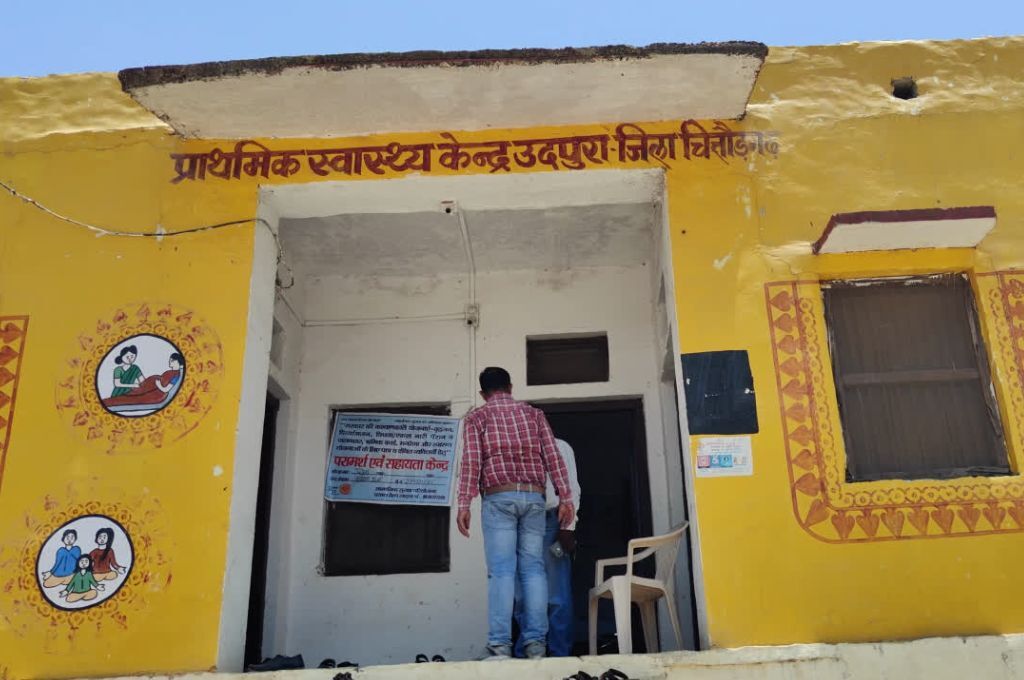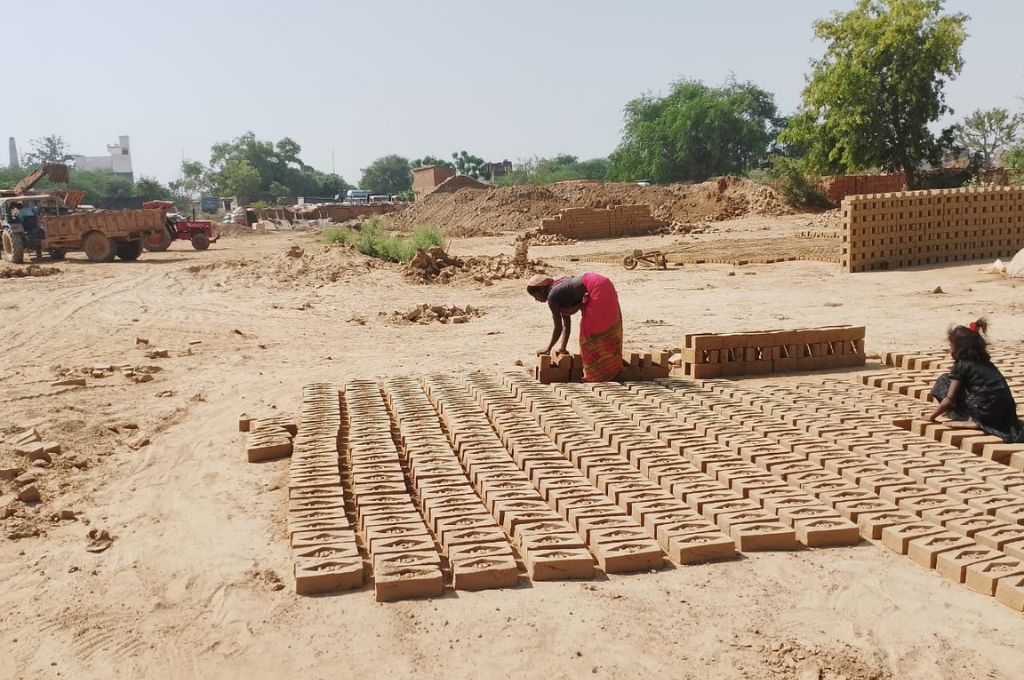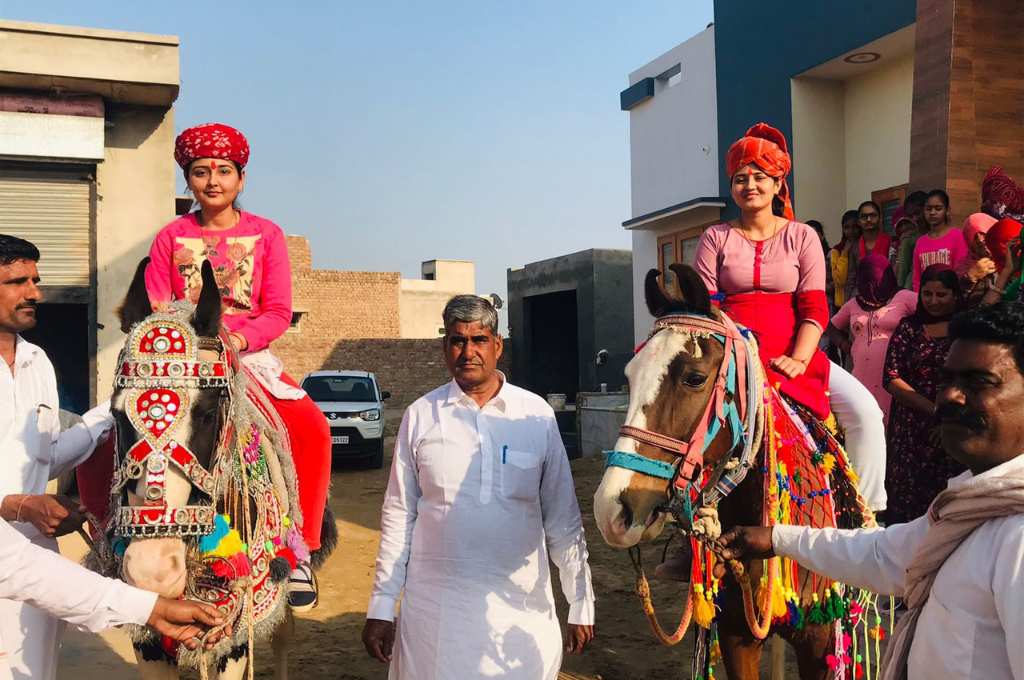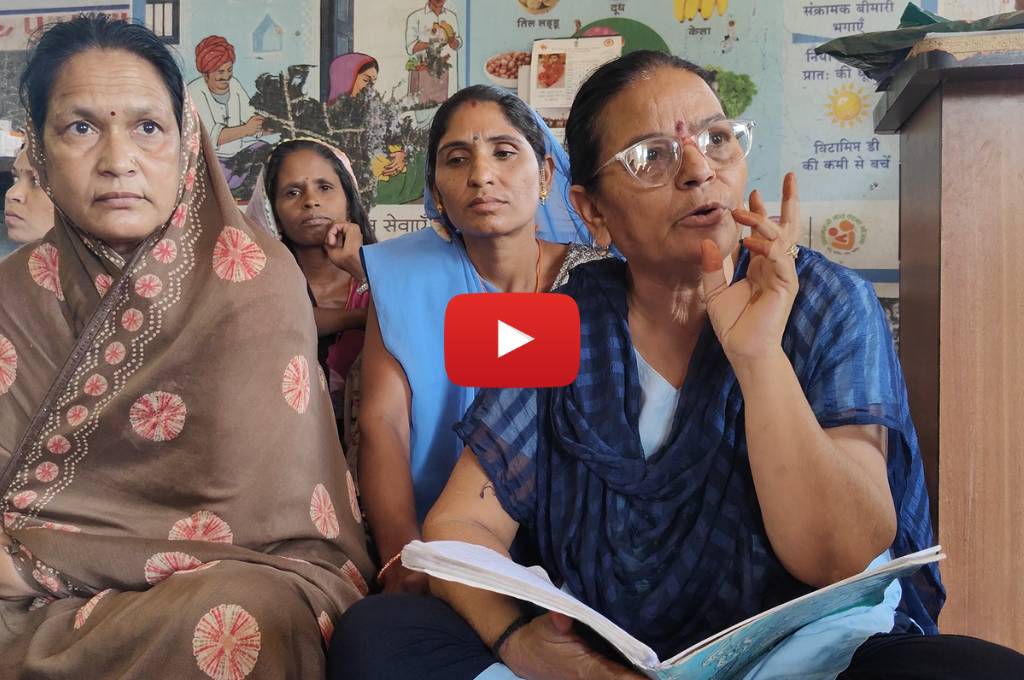Stoves and mosquitoes
As part of a conservation project that also focused on the eco-social development of local communities, in the Bandhavgarh Sanjay Dubri Corridor of Madhya Pradesh, we were providing smokeless stoves, or chulhas to households. These chulhas require less firewood as compared to traditional stoves, and also have a positive impact on health by reducing exposure to smoke.
Six months after distributing and installing them, we revisited the project locations. The team was perplexed to find that some people were using both, their old chulhas and the new smokeless ones. When we spoke to them, they said that since the new stoves expel the smoke outside the house through a chimney, they switched to their old stoves in the evening, when the mosquitoes would come out. They did this because the smoke that filled their homes from using their old chulhas would drive away mosquitoes and insects.
This was also a wake-up call for our team to plan and to communicate intent better.
Therefore, we decided to spend more time communicating the long-term benefits of the chulhas. We explained the long-term health benefits and also pointed out how the new chulhas resulted in fewer trips to the forest to collect firewood, and a potential reduction in human-animal conflict.
Yashvardhan Dalmia is an Associate at Samhita, a CSR consulting firm.



